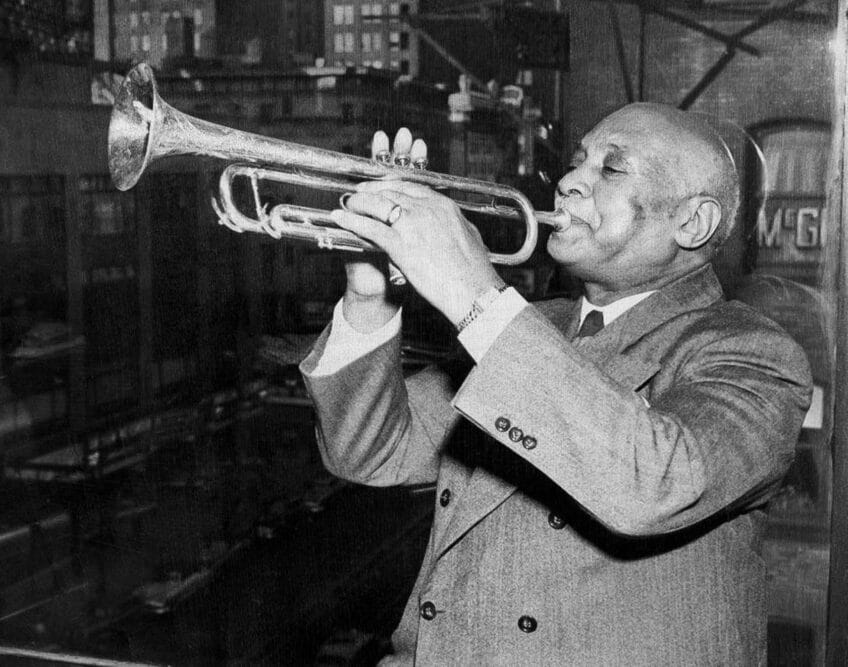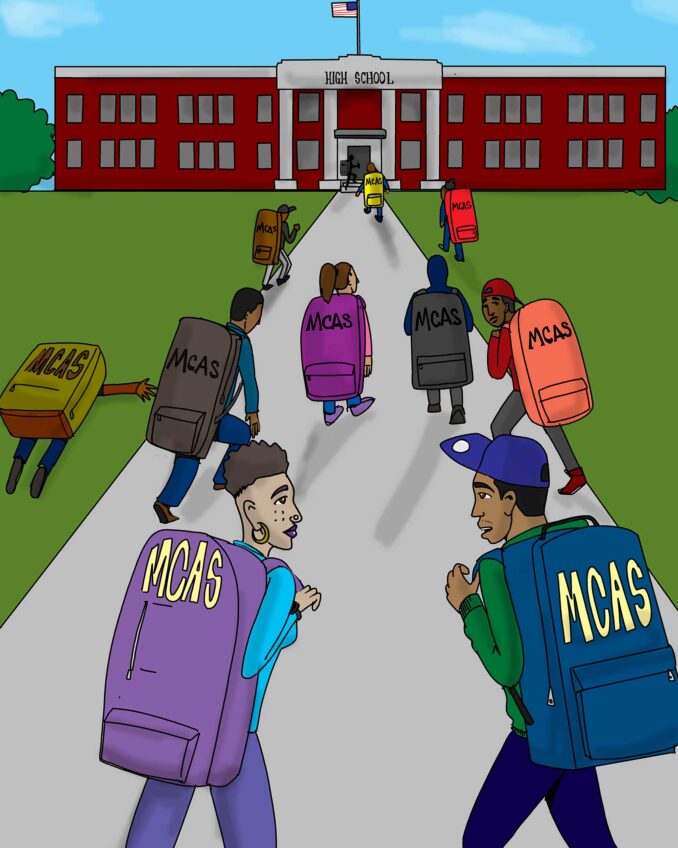
As a rookie reporter with the Bay State Banner close to 40 years ago, I was assigned a story about a METCO student expelled for allegedly stealing from a student locker in one of the pricey suburbs west of Boston.
After interviewing the student, a kid from Dorchester, and a school administrator, I filed the story, which seemed pretty straightforward.
But something was clearly eating the editor, Melvin B. Miller, as he bent over the copy in the newsroom.
“How were other cases of student theft treated?” asked Miller, looking up from the text.
I didn’t know.
“Find out,” he said. “The real story may be the disparity in how they handled the case.”
As it turned out, there was no record of expulsions for similar offenses. As far as I could find out, the Black teen from Boston was the only student kicked out for stealing from a locker.
That lesson struck me recently when reading about media tech executive Carlos Watson, the founder of Ozy Media, who was indicted in New York earlier this year on federal fraud charges for allegedly misleading investors.
Growing up, Watson survived on food stamps in a struggling but loving family and went on to Harvard College and Stanford Law before becoming an Emmy Award-winning TV host and raising $100 million for his media venture.
But it all came crashing down in a series of accusations and headlines with nary a whisper about how the same kind of alleged misdeeds were reported and investigated when the so-called perpetrators were white.
When presented with allegations of wrongdoing by the criminal justice system, the instinct of most people, especially whites, is to read the charges with dispassion and a belief in innocence until proven otherwise. When the defendant is Black, like the Dorchester kid or Carlos Watson, the suspension of reasonable skepticism is nearly instantaneous.
The murder of George Floyd by Minneapolis police was one of the first instances of puncturing the assumption among most whites of the credibility of law-enforcement testimony.
But there is still a ways to go before white America, as I did in the case of the METCO student, examines not just the alleged wrongdoing but also whether “equal justice under law” is being applied.
In the case of Carlos Watson, there is strong evidence it is not.
Some might say my belief in the misapplication of justice is personal. Carlos was a Harvard undergrad, a scholarship student, when I met him in the early 1990s. He was assigned as my student assistant to help prepare a study group on “Race, Politics and the Press: Fight the Power” at the Institute of Politics attached to the Kennedy School of Government.
After graduation, Carlos went on to teaching and mentoring students in a tough urban district, then law school and eventually, with the help of friends and family, launching his landmark media company, Black-owned and Black-run, that started as a newsletter and expanded into podcasts and broadcasts.
But a funny thing happened on the way to success. Like media executives from Vice and BuzzFeed, Ozy Media leaned into the “fake it till you make it” ethos of Silicon Valley and Wall Street, riding both substance and hype to build a brand.
Shane Smith from Vice and Jonah Peretti made millions and cashed out before their companies collapsed. But Watson? He faced similar allegations of inflating audience size and returns, but instead of being featured in glowing Bromance profiles about bold business success “built on lies,” he landed federal indictments that could land him in prison for 37 years.
Were Watson’s mistakes a crime or simply another case of “Entrepreneuring while Black”?
We’ve seen this movie before. The “double veil” that W.E.B. DuBois famously wrote about – Black Americans living in separate worlds at the same time, one Black, one white – also involves a double standard.
For entrepreneurs like Watson trying to launch a business, the double standard begins when trying to raise capital. Despite lofty rhetoric from corporate America about advancing diversity in ownership and management, only 1 percent of venture capital funding goes to Black entrepreneurs.
When their businesses falter, the double standard really kicks in along the pathways into a pipeline to ruin known as our criminal justice system.
The disparate actions of police and criminal prosecutors towards people of color continues to shock America. Lesser known is the bias that also exists in white-collar crime.
A 2022 study by researcher Rachel LaBrie found that “even though most white-collar crimes are committed by people who are white, people of color are incarcerated more frequently and for longer. African American adults are 5.9 times as likely to be incarcerated than whites and Hispanics are 3.1 times as likely.”
The ledger of African American business leaders who have faced criminal investigation and financial ruin after rising to the top is long and includes such figures as former Fannie Mae CEO Franklin Raines, San Francisco financier Calvin Grigsby and former star securities trader Joseph Jett – all hounded by inquiries while colleagues apparently were deemed too white to indict.
In Watson’s case, his attorney, renowned Harvard Law Professor Ronald S. Sullivan Jr., knows something about unequal justice under law. He founded the nation’s landmark prosecution review unit, which ended up freeing scores of defendants from unjust sentences handed down in Brooklyn based on corrupt police testimony and prosecutorial misconduct. Sullivan has demanded a federal review of the three white Brooklyn-based prosecutors in charge of the Watson case, citing their record of disparately targeting Black defendants.
The attorneys who questionably reached across the continent to indict Watson and his California-based company have charged Blacks and other people of color in 90 percent of their cases, according to Bureau of Prisons data reviewed by Quest Research, which concluded that the trio are eight times more likely to charge a Black person with a crime than a white person.
The team also found that white defendants make up only 6 percent of their cases over the last five years – in a jurisdiction where whites make up 35% of the population.
As the Watson case moves forward with court motions and appearances over the next month, the nation’s attention should be focused on the injustice unfolding in slow legal motion in the Brooklyn federal courthouse.
There is no George Floyd-like video to capture full public attention and provoke outrage. That’s because the wheels of unjust white collar criminal prosecution are greased to move silently, unheard.
If the case moves forward, a jury will decide whether Watson made mistakes or committed crimes – alleged offenses that others have gotten away with while Watson faces the music with an empty bank account and a reputation smeared in sensationalist media coverage.
But the real offense is simply that Watson was “too Black for business.” It’s time white America awakens to that reality.
Brian Wright O’Connor is a long-time contributor to the Bay State Banner.






